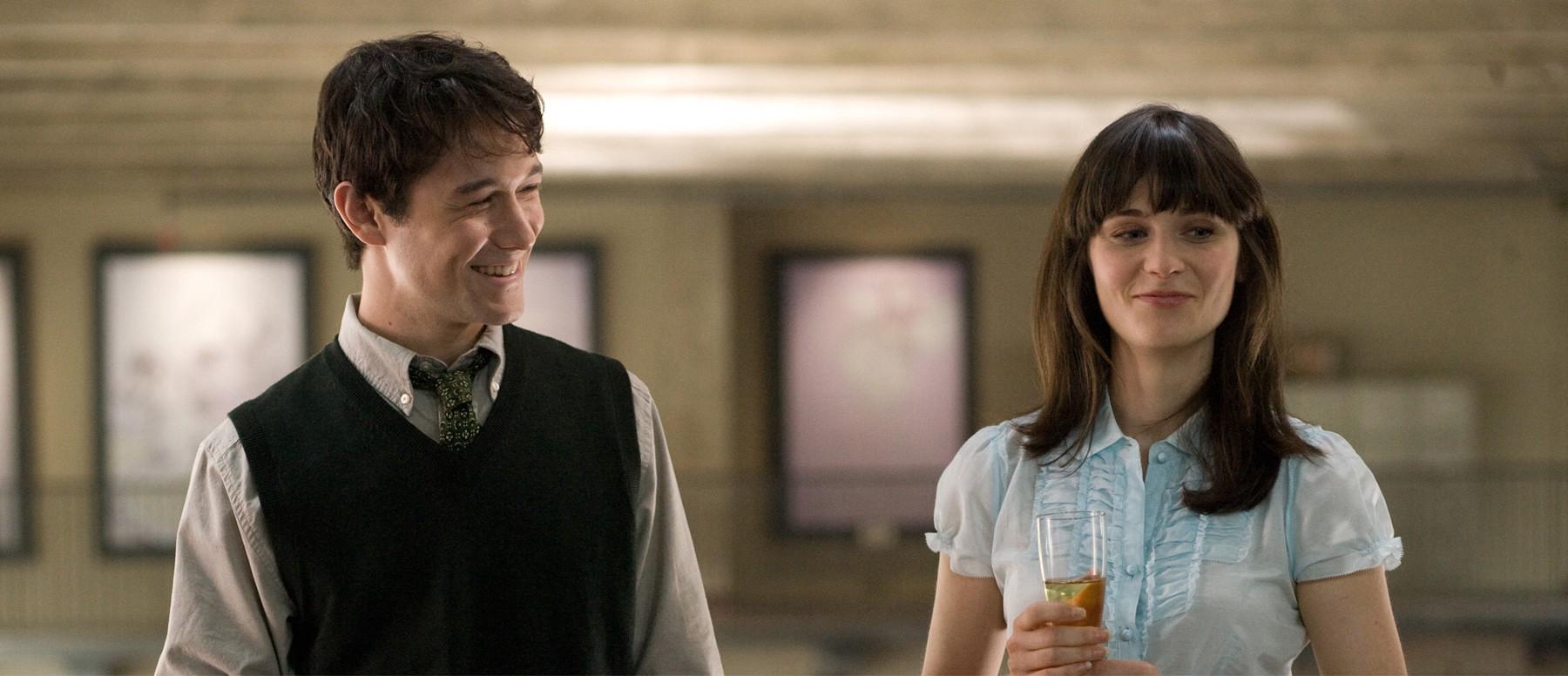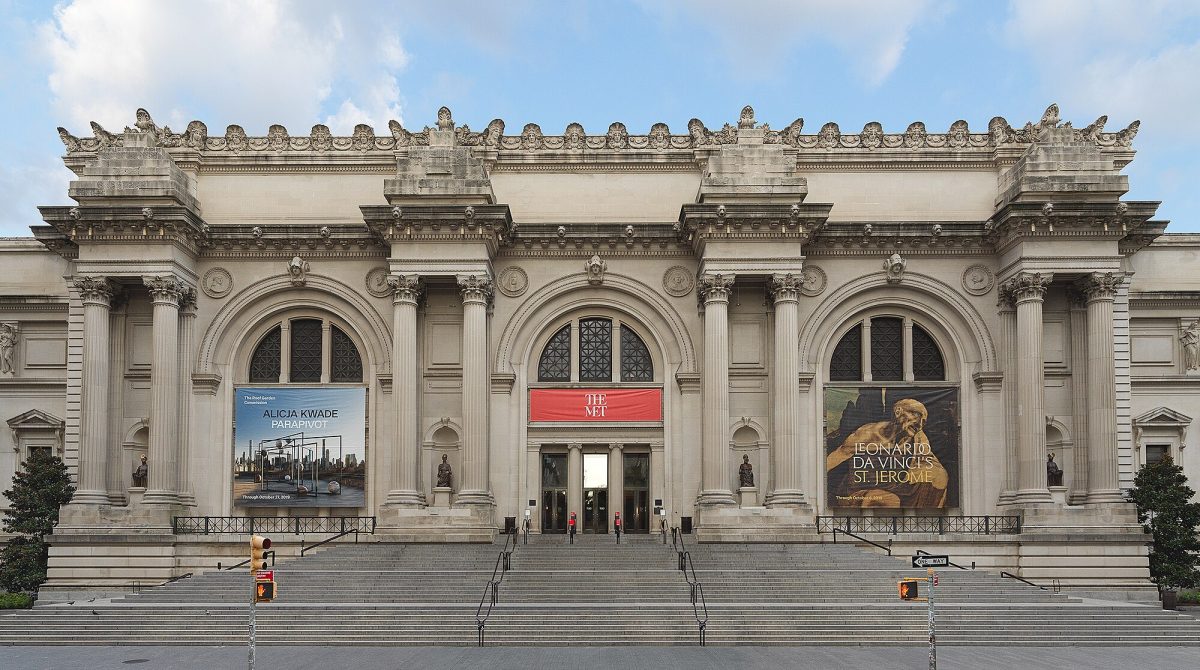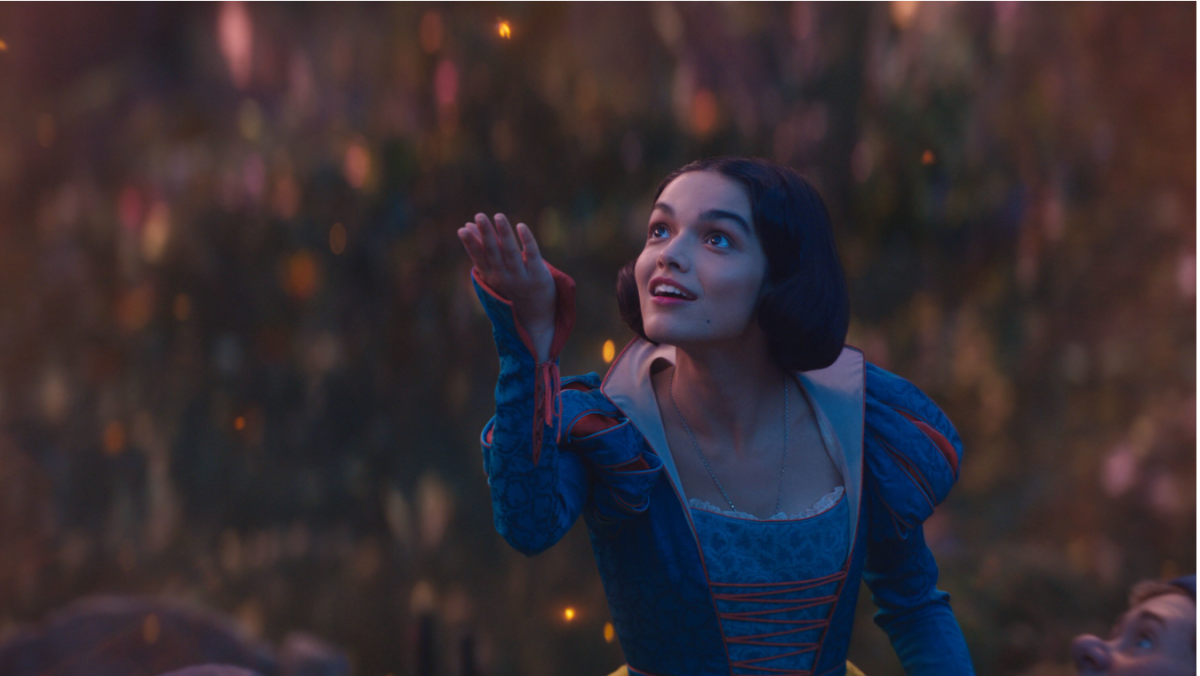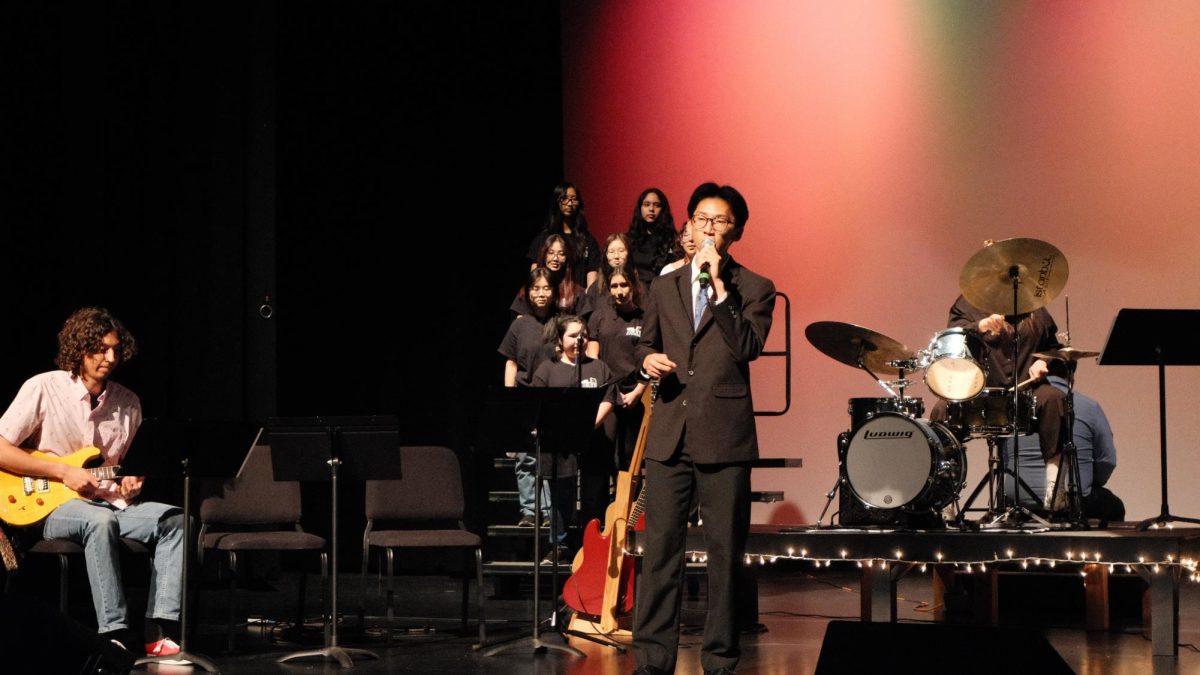By Lam Chung | Staff Writer

As the mortal combat starts to accelerate, the camera pans towards her beaming decolletage, contrasted against the darkness of the abandoned building. Despite the engaging action of this opening fight scene in “The Avengers” (2012), Scarlett Johansson’s body is still the spectacle of the lens, not only of the camera, but also of the male gaze.
Coined by film theorist Laura Maulvey, the “male gaze” is the act of making women a spectacle of the heterosexual male perspective—“represented as passive objects of desire,” according to Film Inquiry.
Throughout cinematic history, women have always been victims of this prohibitive mold, categorized by their “to-be-looked-at-ness,” as Mulvey stated. Additionally, the male gaze dictates desirability politics in real life, often seen through beauty standards and the internalized male gaze, in which women inflict the male gaze onto themselves to be seen as more attractive.
From “The Postman Always Rings Twice” (1946), where director Tay Garnett utilizes close up shots to view the female lead, Cora Smith’s, body through the lens of the male protagonist’s point of view, to “Once Upon a Time…in Hollywood” (2019), in which director Quentin Tarentino positions the camera up towards actress, Margot Robbie’s, mini skirt; although she was not filmed through the direct perspective of a male character, she was still an object of voyeuristic pleasure for the heterosexual male viewer—the male gaze in cinema is evidently not a new phenomenon.
Despite the term being coined in 1975, the majority of box office movies are still filmed through or for the male gaze due to marketing purposes. However, with more women saturating the male-dominated field of film, movies with feminist themes have ditched the easily employable conformity of the male gaze, and are slowly making their way to mainstream media.
Feminist cult classic, “Jennifer’s Body” (2009), starring Megan Fox, actually uses the male gaze in order to flip the narrative and commentate on how men view sexually liberated women. Similarly, “500 Days of Summer” (2009) also uses the male gaze to display how men often place women in the “manic pixie dream girl” trope, coined by film theorist Nathan Rabin, is another sector of the male gaze which depicts women as a counter-opposite of the main male lead’s traits, and whose only purpose is to further the male protagonist’s character arc.
Female-rage films such as “Gone Girl” (2014) and “Promising Young Woman” (2020) display women who use the misogyny they’ve faced as a tool for revenge—although the extents they go to are rather dark, female viewers often find themselves siding with the female leads. Rosamund Pike’s performance of the “cool girl monologue” in “Gone Girl” is critically acclaimed for bringing light to how the male gaze affects women beyond the parameters of film, manifested into their perceptions of themselves.
Sophia Coppola, a female director and screenwriter, “develops a discussion surrounding how the male gaze operates—how women and girls become objects of manipulation and are villainized because of their sexuality,” as stated by Film Daze.
In films such as “The Virgin Suicides” (1999), “Marie Antoinnete” (2006), and “The Beguiled” (2017), Coppola uses bright and warm color-grading, hyperfeminine imagery, and gives female characters inner worlds and complex emotions—an unfortunate rarity in film.
The representation of women in movies are often ephemeral, as they are all subject to the male gaze and thus, seen as a mere homogeneous cluster of actresses. However, through the deconstruction of this mold and the decentering of men, a woman’s “to-be-looked-at-ness” will not be at the forefront of their cinematic value, but rather their witty monologues, action-scene mobility, character growth, and themselves—as fully complex characters.






